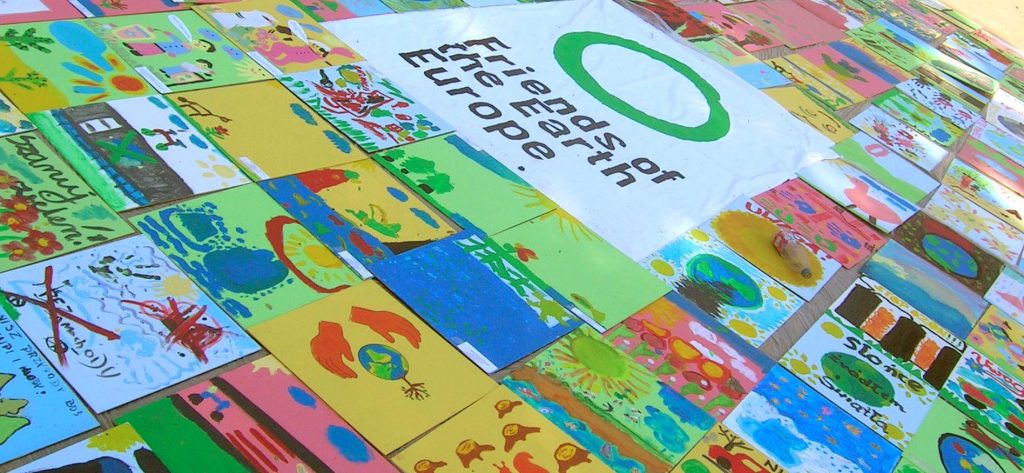Brussels, March 9 – Today the European Commission released its communication on International climate policy post-Copenhagen, initiated by the new Climate Commissioner Connie Hedegaard. [1] Although the communication contains positive elements since it holds on to the idea of binding emission reduction targets under the Kyoto protocol and the existing negotiating texts, Friends of the Earth Europe is critical of the communication for failing to offer ambition needed on emission reductions.
The communication upholds the EU’s current target of 20 per cent reductions by 2020, moving to 30 per cent if the conditions are right. This falls short of what is demanded by the latest scientific evidence, and a fair distribution of global emissions. The EU needs to step up its emission reduction target and commit to at least 40 per cent domestic emission cuts by 2020 compared to 1990 levels, without offsetting. Recent scientific research prepared by Stockholm Environment Institute in partnership with Friends of the Earth Europe, shows that this scale of cuts is technically feasible and economically viable.[2] The communication mentions a Commission analysis to be prepared by June on the practical policies needed to implement a 30 per cent target.
The proposed expansion of the European carbon market to other OECD countries is not appropriate. Due to significant loopholes such as the large availability of offsetting credits and free pollution permits the European emission treading scheme has so far not significantly contributed to reducing Europe’s emissions. A future connection to other potentially weaker carbon markets outside of Europe would risk not achieving any domestic emission cuts within the EU at all.
Esther Bollendorff, climate campaigner for Friends of the Earth Europe, said “The European Commission still needs to prove that it will be a real driver in transforming Europe into the most climate friendly region of the world. Clearly, the current target will not achieve this. In order to achieve a strong and fair international climate agreement, that developing countries will agree to, rich industrialised nations including the EU must recognise their historical responsibility and commit to making 40 per cent domestic cuts in greenhouse gas emissions, without offsetting.”
***
NOTES:
[1] COM (2010)86: International climate policy post-Copenhagen: Acting now to reinvigorate global action on climate change [2] “Europe’s share of the climate challenge – domestic actions and international obligations to protect the planet. “SEI, December 2008. Find more at the SEI and FOEE websites:http://www.sei-international.org/?p=publications&task=view&pid=1318
Friends of the Earth Europe’s 40 percent study






